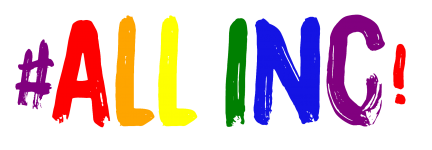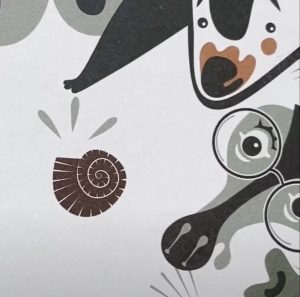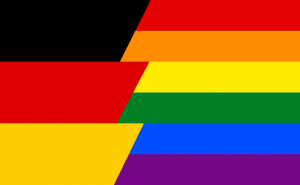“I don’t exist in a euphemism”
Days ahead of his graduation speech, Florida student Zander Moricz forcefully conveyed (in this interview with Teen Vogue, from which the above photo is taken) his sense of outrage at having to spell out that “we cannot allow ourselves to accept the fact that a human being’s identity is controversial because that leaves human rights up for debate. I am not a debatable existence.”
He was referring to what he felt was a distinct threat of censorship if, in his speech, he referenced his sexual orientation, or his involvement in a campaign to repel Florida’s recently passed legislation colloquially known as the “Don’t Say Gay Law”.
He was being interviewed as the youngest public plaintiff in the lawsuit (as he describes himself in his Twitter profile).
It had been made clear to him, he said, that the school might shut off his microphone if his speech touched on “controversial” issues or expressed personal positions. Faced with the possibility of the ceremony being ended, leaving his beloved community of students and teachers frustrated, he had to come up with a way of raising the subject —he wasn’t willing to waste a public platform that, he fears, will be more and more a remote possibility for Florida’s young people under the law— which would not cause the school administration to react.
In his by now widely shared speech, he decided to speak instead of his curly hair.
The inventiveness of his clever metaphor (he speaks of vain efforts to “straighten” something which is part of his nature) has made it to the news. But equally powerful are his words in later interviews, where he concedes that having to resort to that kind of smart analogy actually felt surreal and heart-breaking: “It was dehumanizing to have to embody myself in a metaphor just so I can be spoken about”. “I don’t exist in a euphemism.”
Related: link to The Guardian‘s “Today in Focus” podcast of 17 May.
This post contributed by All Inc!’s ES1 team.







